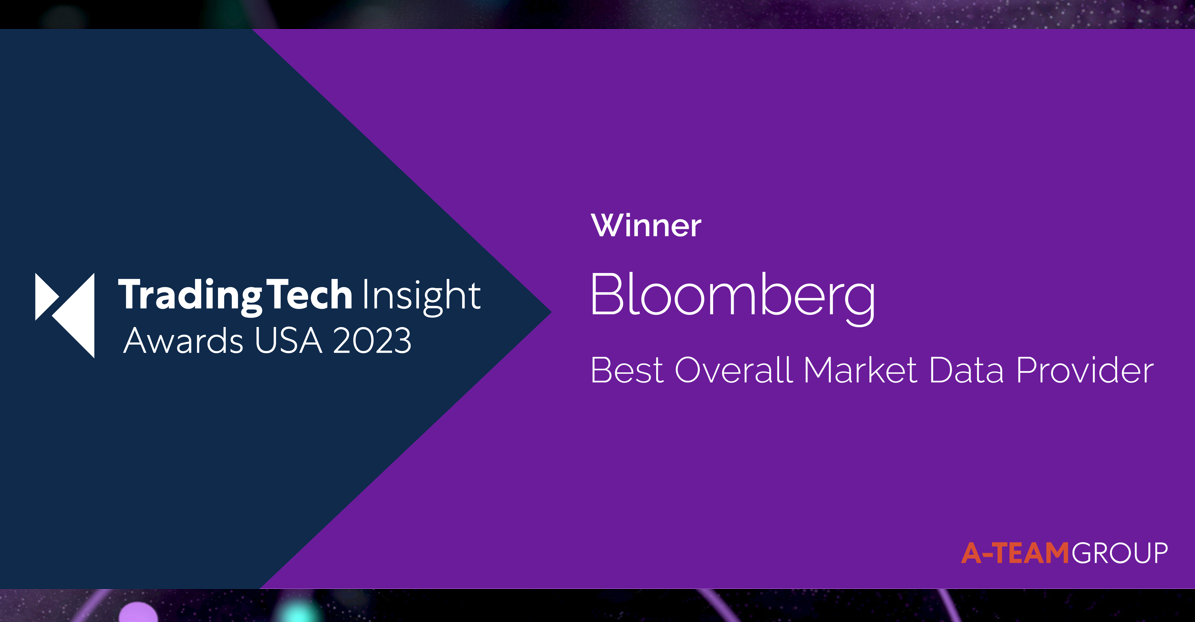Why Your Company Must Think About a Managed Database Provider
Wiki Article
Key Functions to Seek When Choosing a Data Source Service Provider
Selecting a database service provider is an important choice that can substantially influence your company's procedures and information administration technique. Among the vital functions to think about are scalability choices, which guarantee that your system can adapt to growing needs.Scalability Options
When selecting a database supplier, understanding scalability choices is crucial to guaranteeing that the selected option can fit future growth. Scalability refers to the capacity of a data source system to broaden its capability and efficiency in response to increased need. There are 2 main kinds of scalability: upright and straight.Upright scalability, or "scaling up," includes enhancing a solitary server's resources, such as CPU, RAM, or storage space. This technique can be simple and cost-effective for smaller applications yet might reach a restriction where additionally upgrades are too pricey or impractical.
Straight scalability, or "scaling out," includes including a lot more servers to disperse the load. This strategy permits better versatility and can accommodate considerable increases in information volume and individual traffic (database provider). It is especially advantageous for cloud-based data source services that can dynamically allot resources based upon need

Security Actions

When examining safety and security steps, consider the implementation of security procedures (database provider). Data-at-rest and data-in-transit file encryption are vital to guarantee that sensitive details stays secured, even in the occasion of a safety breach. Additionally, seek suppliers that provide strong verification systems, such as multi-factor verification (MFA), to additionally enhance accessibility control
Routine safety and security audits and conformity with market standards, such as GDPR or HIPAA, are a measure of a provider's dedication to information security. Additionally, make inquiries about their event feedback plan; a durable plan can decrease the effect of any prospective security occurrence.
Performance Metrics
Examining performance metrics is necessary for organizations to make sure that their chosen data source provider satisfies functional requirements. Key performance metrics consist of response throughput, time, and scalability, which jointly determine the effectiveness of data source procedures under varying tons.Feedback time is crucial, as it shows just how quickly the database can refine questions and return outcomes. Organizations should try to find metrics that show ordinary response times during height and off-peak hours. Throughput, usually measured in transactions per second (TPS), offers understanding right into the data source's capacity to handle high volumes of requests without performance deterioration.
Scalability examines the data source's capability to expand with the company's demands. A durable data source provider should demonstrate vertical and horizontal scaling capabilities, enabling seamless adjustments as demands fluctuate. Additionally, understanding latency, particularly in distributed systems, can aid companies review the responsiveness of the data source throughout various geographical places.
Consumer Assistance
Trustworthy client support is a keystone of reliable database management, giving companies with the support needed to settle problems and enhance performance. When picking a database provider, reviewing the level of customer assistance they provide is essential. A durable support group need to include multiple networks of communication, such as phone, e-mail, and live chat, making sure that users can access aid whenever they need it.In addition, responsive assistance teams that are readily available 24/7 significantly boost the reliability of the data source service. Trigger response times and efficient resolution of issues can substantially reduce downtime resource and boost total productivity. It is additionally advantageous to think about the availability of specialized assistance personnel, that can supply tailored help based upon an organization's certain demands.
.gif)
Prices Framework
When thinking about a data source company, the rates structure is a crucial element that can dramatically impact an organization's spending plan and total technique. A clear and adaptable rates version is important for straightening the database costs with service needs - database provider. Organizations ought to examine whether the pricing is based on usage, per customer, or a flat rate, as each design can generate various financial ramifications with timeIt is important to evaluate any kind of added costs connected with the carrier's services, such as data storage charges, purchase prices, and assistance charges. Some companies may use tiered rates, permitting scalability as the company expands, while others might impose strict limits that might end up being expensive as data demands boost.
In addition, companies need to take into consideration the lasting worth of the data source remedy. While reduced first rates can be enticing, they might not represent future upgrades, maintenance charges, or combination costs. Conducting an extensive cost-benefit analysis will help recognize one of the most appropriate prices structure that balances scalability, performance, and support, eventually guaranteeing that the selected data source supplier lines up with the organization's economic and functional purposes.
Final Thought
To conclude, selecting a data source supplier requires careful factor to consider of different crucial attributes. Scalability choices guarantee flexibility to future development, while robust protection procedures safeguard delicate information. Reviewing efficiency metrics enables the recognition of efficient data sources, and available consumer support boosts helpful resources the general customer experience. A transparent rates structure better adds to educated decision-making. By thoroughly analyzing these elements, companies can make strategic options that align with their operational demands and long-term purposes.Choosing a data source provider is a vital choice that can dramatically impact your organization's operations and information monitoring strategy.When selecting a database company, recognizing scalability alternatives is crucial to guaranteeing that the selected option can fit future development. When picking a data source carrier, evaluating the level of customer assistance they offer is important.When considering a database service provider, the prices structure is a critical element that can considerably impact an organization's budget and overall strategy. Performing a thorough cost-benefit evaluation will certainly assist determine the most suitable pricing framework that stabilizes investigate this site assistance, performance, and scalability, eventually guaranteeing that the selected data source carrier lines up with the organization's operational and financial purposes.
Report this wiki page